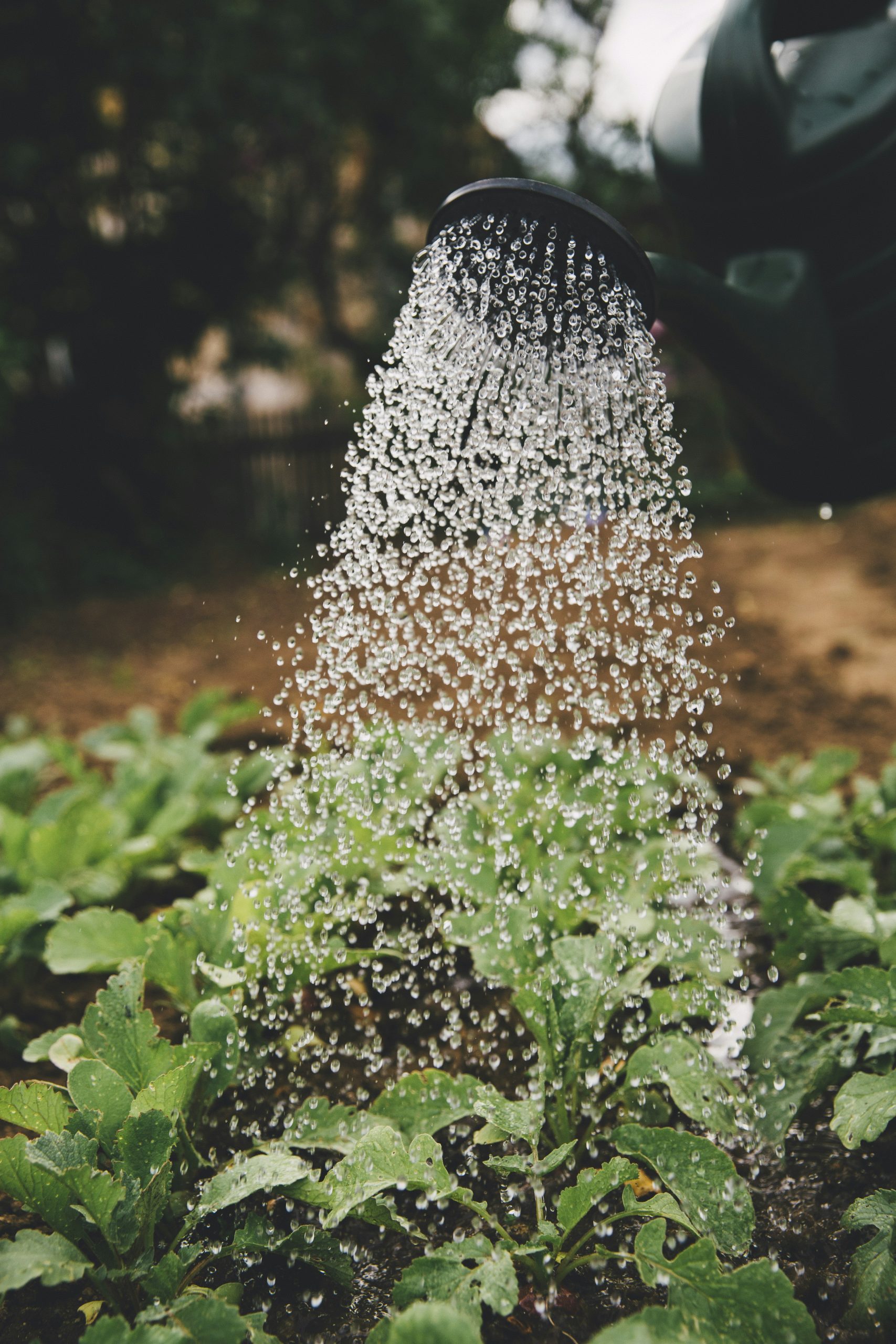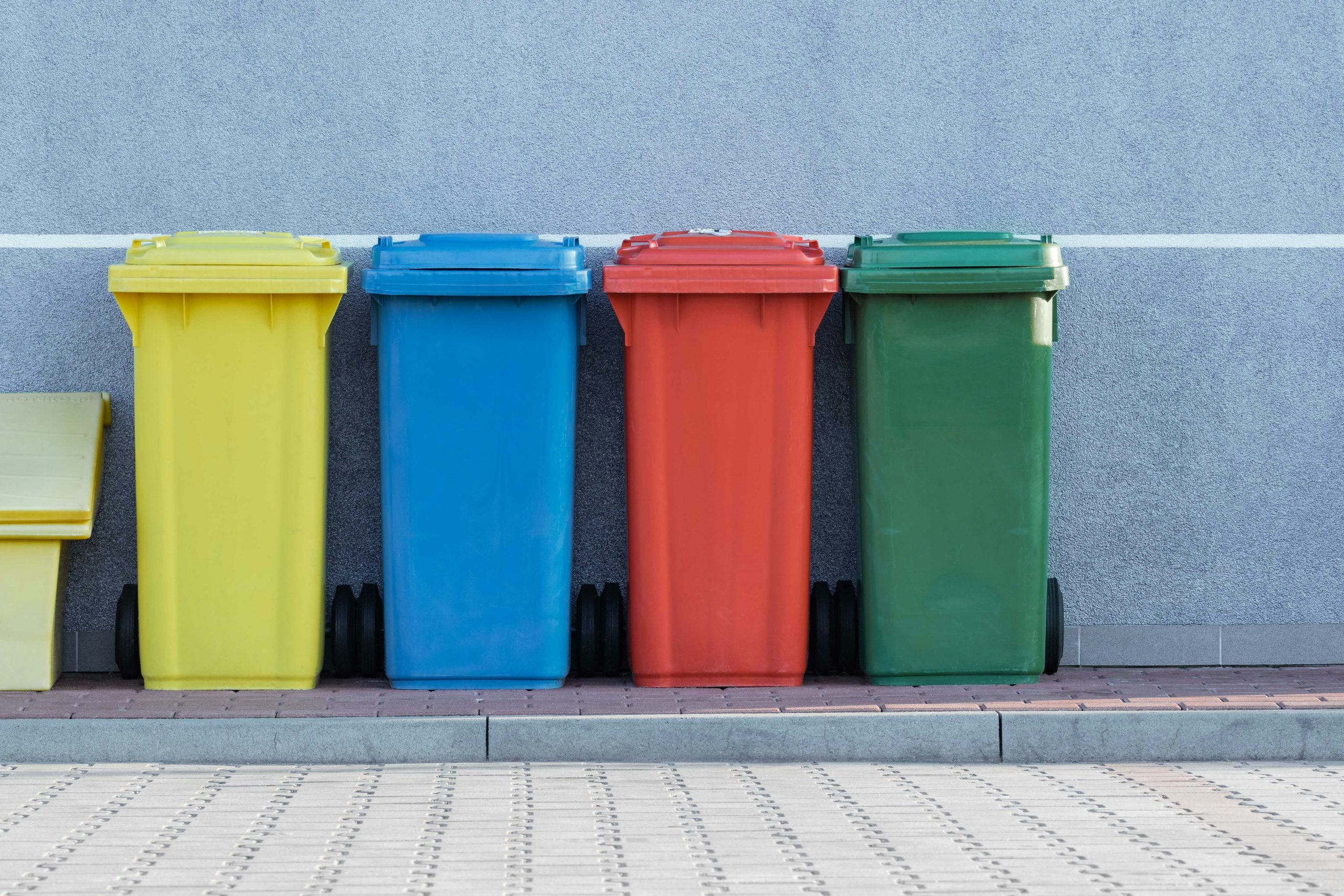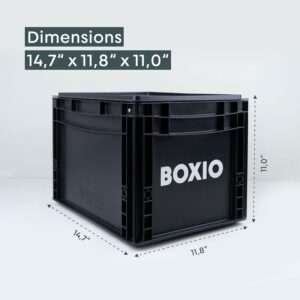Sure thing!
“Can I Compost In An Apartment?” is a friendly guidebook designed to help us, urban dwellers, turn our food scraps into rich, fertile compost, even in the smallest living spaces. The article covers practical tips and innovative methods for apartment composting, ensuring we can all contribute to a greener planet without needing a backyard. Whether we live in a tiny studio or a cozy one-bedroom, this guide empowers us to adopt sustainable practices right at home.
So, let’s roll up our sleeves and dive into the art of apartment composting together. Have you ever found yourself asking, “Can I compost in an apartment?” The idea of composting seems like it might be reserved for those with large backyards, heaps of greenery, and a lot of extra space. But let us assure you, apartment composting is not only possible but it’s also incredibly rewarding and environmentally friendly.
Why Should We Compost?
Environmental Benefits
Composting helps reduce the amount of waste that ends up in landfills. Landfills are a leading cause of methane emissions, a potent greenhouse gas. By composting, we can divert a significant portion of our household waste from these landfills, thus helping to mitigate climate change.
Decomposition Process
When organic waste decomposes in a landfill, it undergoes anaerobic decomposition, which produces harmful methane gas. However, composting allows for aerobic decomposition, which is much less harmful to the environment.
Personal Benefits
Composting is not just good for the world; it’s good for us too. It helps reduce household garbage and its associated costs and nuisances. Plus, if we’re into gardening, composting provides us with rich, nutrient-dense soil that can boost plant growth.
Types of Apartment Composting
Indoor Compost Bins
When we’re working with limited space, various indoor compost bins can make the process hassle-free and odorless.
Bokashi Composting
Bokashi is a Japanese method that ferments kitchen scraps using a special inoculated bran. It’s a great option for apartments as it doesn’t require much space and doesn’t produce foul odors.
Pros and Cons of Bokashi Composting
| Pros | Cons |
|---|---|
| Compact and space-efficient | Requires purchase of Bokashi bran |
| Efficient in breaking down scraps | May require a secondary composting process |
| Minimal odor | Needs to be drained regularly |
Vermicomposting
Vermicomposting utilizes worms to break down food waste. It’s another fantastic option for apartment dwellers. The worms are incredibly efficient at breaking down organic material, and the resulting compost (worm castings) is highly beneficial for plants.
Key Benefits of Vermicomposting
- Rapid Decomposition: The worms accelerate the decomposition process.
- Odor Control: Properly maintained vermicompost bins generally don’t smell.
- High-Quality Compost: The end product is nutrient-rich and great for plant growth.
Electric Composters
Electric composters are modern and highly efficient. These machines decompose organic waste quickly, turning it into usable compost in a matter of hours.
Advantages and Disadvantages of Electric Composters
| Advantages | Disadvantages |
|---|---|
| Quick processing time | Expensive upfront cost |
| Minimal odor | Uses electricity |
| Easy to use | Limited compost volume |
Outdoor Options (Balcony Composting)
If we have a balcony or a small outdoor space, we can utilize it for composting as well.
Tumbler Composters
Tumbler composters are compact and are designed for easy turning, which speeds up the composting process.
Pros of Tumbler Composters
- Space-Efficient: Ideal for a balcony setting.
- Quick Process: The tumbling action speeds up the composting process.
- Controlled Environment: Reduces the risk of odor problems.
Balcony Bins
Small compost bins suitable for balconies can also be effective. These bins are generally more traditional but are designed to fit small spaces and have better aesthetics to blend with our outdoor decor.

What Can We Compost?
Compostable Materials
Understanding what can and cannot be composted is crucial. Here’s a list of items that we can usually compost:
Compostable Items:
| Kitchen Scraps | Yard Waste | Paper Products |
|---|---|---|
| Fruit peels | Grass clippings | Paper towels |
| Vegetable trimmings | Leaves | Napkins |
| Coffee grounds | Small twigs | Uncoated paper plates |
| Eggshells |
Items to Avoid
Some items can disrupt the composting process or attract pests. Avoid adding these to our compost bin:
Non-Compostable Items:
| Category | Items |
|---|---|
| Dairy Products | Cheese, milk, yogurt |
| Meats | Meat scraps, bones |
| Oily Foods | Greasy or oily food |
| Diseased Plants | Plants with pests or diseases |
Balance of Green and Brown Materials
Ideal compost needs a mix of “greens” (nitrogen-rich materials) and “browns” (carbon-rich materials). This balance helps maintain an efficient decomposition process and minimizes odors.
Green Materials:
- Fruit scraps
- Vegetable scraps
- Coffee grounds
- Fresh grass clippings
Brown Materials:
- Dry leaves
- Cardboard
- Paper
- Straw
Ratios
A general rule is to have roughly three parts brown materials to one part green material. This ratio can be adjusted based on the specifics of our compost setup, but it’s a good starting point.
Step-by-Step Guide to Starting
Choosing the Right Method
The first step to beginning compost is deciding which method (indoor bins, outdoor options, or electric) best suits our living situation.
Setting Up the Bin
For traditional compost bins, we need to layer the bottom with coarse materials to help with drainage. Next, add alternating layers of green and brown materials, ensuring a good balance.
Maintaining the Compost
Regular maintenance is key to successful composting. Here’s a checklist:
- Turn the Compost: Regularly turning the compost helps to aerate it, fostering the activity of aerobic bacteria which speeds up decomposition.
- Monitor Moisture Levels: The compost should be as moist as a wrung-out sponge. If it’s too dry, add some water. If it’s too wet, add more brown materials.
- Check Temperature: Compost should heat up as decomposition occurs. If it’s not heating, consider increasing the green material ratio or turning it more frequently.
- Harvesting the Compost: Once the compost looks dark and crumbly and has an earthy smell, it’s ready to be used.
Troubleshooting Common Problems
Sometimes things don’t go as planned. Here are common issues and how to resolve them:
| Issue | Symptom | Solution |
|---|---|---|
| Bad Odor | Smells like ammonia or rotting food | Add more brown materials and turn to aerate |
| Pests | Presence of flies, rodents | Avoid adding meats and oily foods; cover foods with brown layers |
| Slow Decomposition | Material not breaking down | Increase turning and ensure proper moisture balance |

Utilizing Finished Compost
Indoor Plants
Compost can do wonders for indoor plants. We can mix it with regular potting soil to enhance the nutrient content of plant containers.
Terrace or Balcony Gardens
If we’re lucky enough to have a terrace or a balcony, we can use our home-grown compost to enrich the soil in planters, providing a nutrient boost to flowers, herbs, or vegetables.
Community Gardens
If we find ourselves accumulating more compost than we can use, many community gardens welcome donations of extra compost. It’s a great way to contribute to the local green spaces in our area.
Sharing with Friends
Share the compost wealth! Friends and neighbors who garden might appreciate some high-quality compost for their plants.
Conclusion
Apartment composting opens up a world of possibilities for sustainable living, even in small spaces. It’s a way to reduce our carbon footprint, enrich plants, and make the most out of our food scraps. While it might seem daunting at first, with the right knowledge and tools, it becomes a straightforward and rewarding practice.
From Bokashi and vermicomposting to electric composters and balcony bins, there’s a method out there that fits our lifestyle. By being thoughtful about what we compost and maintaining our efforts with regular care, we can turn our organic waste into a valuable resource.
So, the next time we wonder, “Can I compost in an apartment?” we can confidently say, “Yes, we can!”



